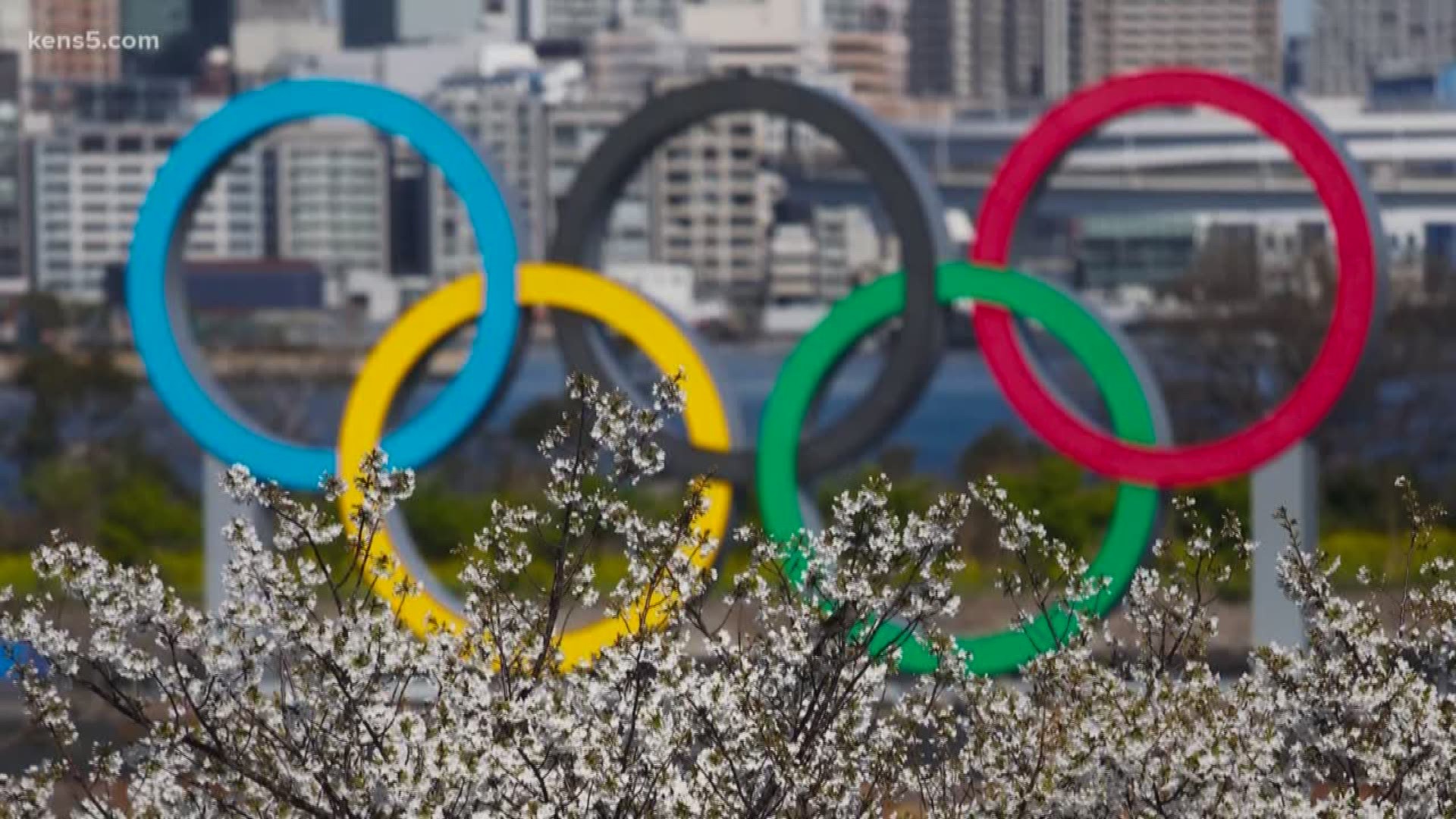SAN ANTONIO — Among the pieces of fallout in the ongoing coronavirus pandemic is our having to adjust to a life without sports, which affects everyone from the casual fan to professional athletes. Sports are usually part of our daily life, in our weekly schedule. Now? Not so much, and it's unclear when things will resume as normal.
We spoke with Dr. Julie Weirnik, owner of Texas Center for Sport Psychology, about coping with the new reality amid all the uncertainty.
"It has been life-changing," she said. "Sports has impacted our lives on so many levels. However, I think this virus is teaching us lots about life and about what is really important."
Weirnik's own profession, business and way of life is based on sports, so it's also taken a toll on her daily routine as well.
"But I think the silver lining to this is that we have much more time at home with our families. We can take walks in our neighborhood, we can ride bikes. More and more people are getting out of the house."
And what about the athletes themselves? From the San Antonio Spurs to the Roadrunners at UTSA to high school athletes all around the country, how are they meant to react to the disruption?
"The good news is that some of my athletes are still working with me, mentally training," Weirnik said. "I have a tennis player, for example, that has more time to read books and train their mind on the mental aspect of sport."
Meanwhile, one of the world's biggest sporting events has been caught in the coronavirus's crosshairs. The 2020 Tokyo Olympic Games have been delayed a year, throwing a wrench in the lives of athletes as their journeys to Japan are postponed.
"The amount of training they were putting in to prepare for the Olympic Trials has been very significant," Weirnik said. "For some, they are on a holding pattern. For my 22- and 23-year-olds, they have some time.
"The issue is for the 28-year-olds, the 29-year-olds and the 30-year-olds. It's been difficult for people to know where their place is with the Olympics being on hold."

